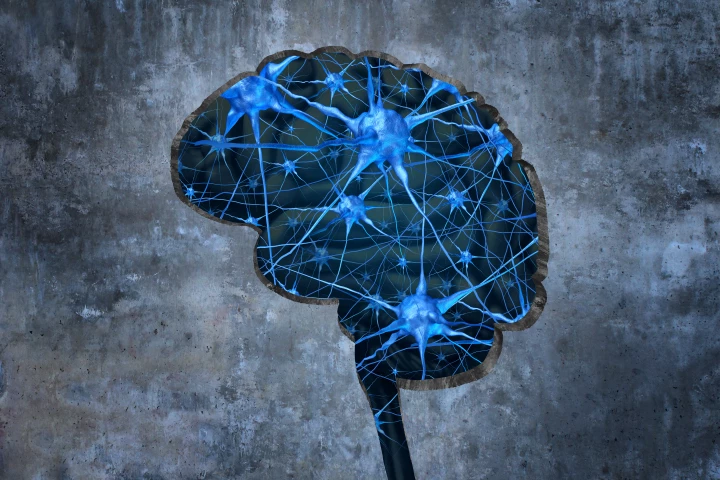New Atlas Audio
Listen to New Atlas articles read aloud by professional narrators. Simply visit an article below and hit the "Listen to Article" button below the headline to get started.
Tip: Open a new window or tab to continue browsing while listening to articles.
-
It looks as though NASA's InSight Mars lander's days are numbered after the space agency announced that the spacecraft is gradually losing power due to dust building up on its solar panels, already reducing their output by 90 percent.
-
Ever since doctors saw a spike in Parkinson’s disease cases following the 1918 flu pandemic scientists have studied the link between viral infection and neurodegeneration. Now, new research is presenting evidence COVID-19 may increase Parkinson's risk.
-
Genesis launches its first dedicated EV, the GV60. The new CUV has just under 250 miles of range and fast-charging to get drivers back on the road in under 20 minutes. A long standard features list includes facial recognition and a "Crystal Sphere."
-
In a world first, a team at the University of New South Wales has demonstrated measurable power generation from "the inverse of a conventional solar cell." It could eventually produce around one tenth as much power as a solar panel – but at night.
-
Cataracts are one of the most common forms of vision impairment, and unfortunately surgery is the only real treatment. But the clouds may be parting on a new drug treatment, improving the vision of the majority of mice it was tested on.
-
Heat is a major hurdle for electronic devices. Scientists have now found that nanowires made of a certain isotope of silicon can conduct heat 150 percent better than regular silicon, potentially leading to drastically cooler computer chips.
-
It was fourth time's the charm as the US Air Force successfully launched its hypersonic AGM-183A Air-launched Rapid Response Weapon (ARRW) from a B-52H Stratofortress on May 14 off the coast of Southern California, following three failures.
-
The buildup of bacteria deep in our teeth can cause infections in difficult to reach areas, and scientists at the Indian Institute of Science have developed tiny cleaning robots they believe are up to the task.
-
A new direct-to-consumer test designed to detect a number of different respiratory viruses including COVID-19 and influenza has been authorized by the FDA. The test is the first of its kind to be approved that doesn't need a prescription from a doctor.
-
A new type of desalination membrane uses a series of nanoscale tubes lined with a Teflon-inspired material that repels salts while allowing water to flow through with little friction. The team says it's fast, and requires little pressure and energy.
-
A team at Australia's Edith Cowan University have shown that when combined with the right diet, resistance training such as body-weight exercises or lifting dumbbells, can have similar effects to aerobic exercise when it comes to burning fat.
-
A newly published meta-analysis has uncovered 10 new genetic variants that contribute to age-related hearing loss. The findings indicate a part of the ear known as the stria vascularis may play a part in hearing impairment.
Load More











